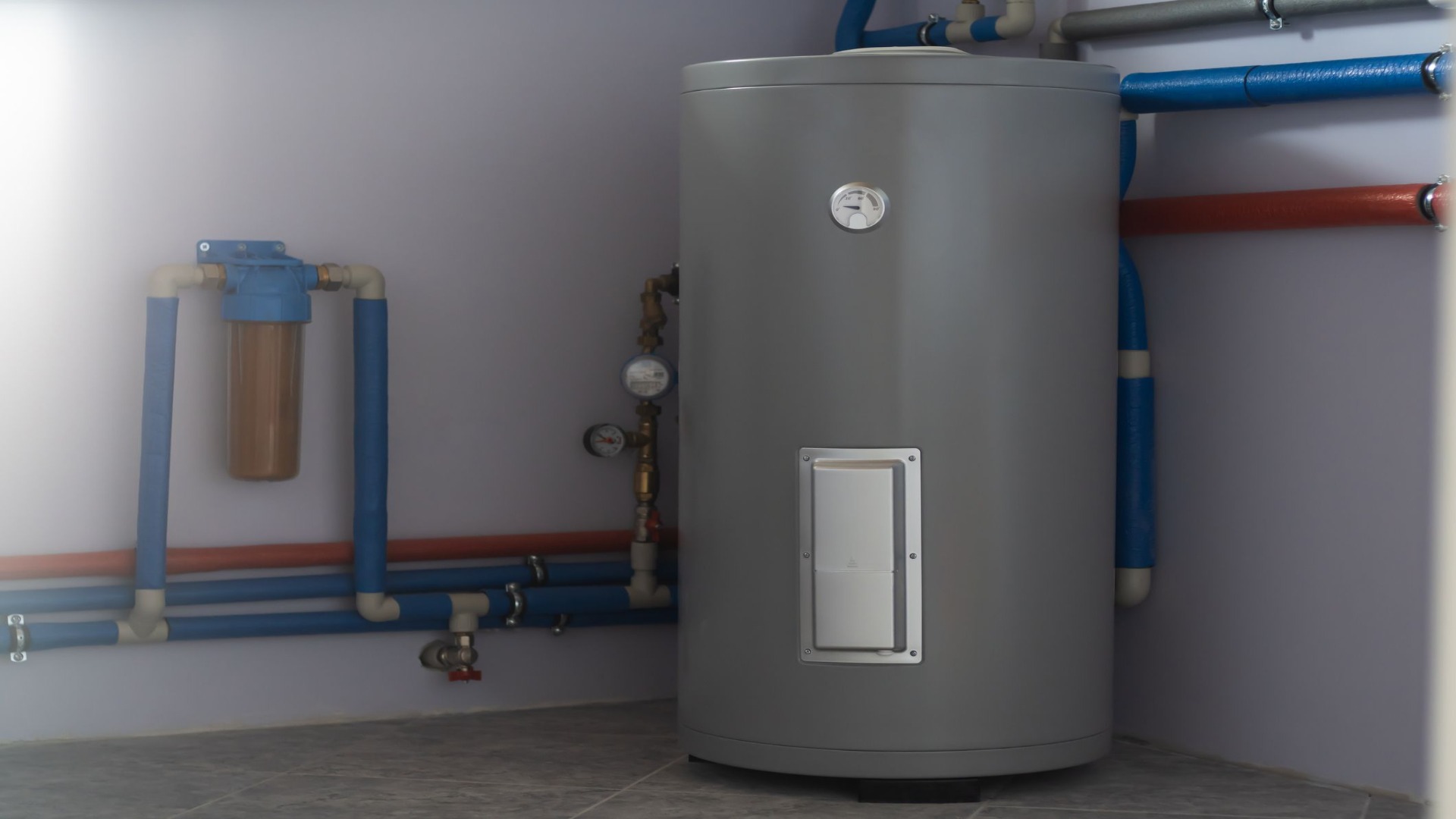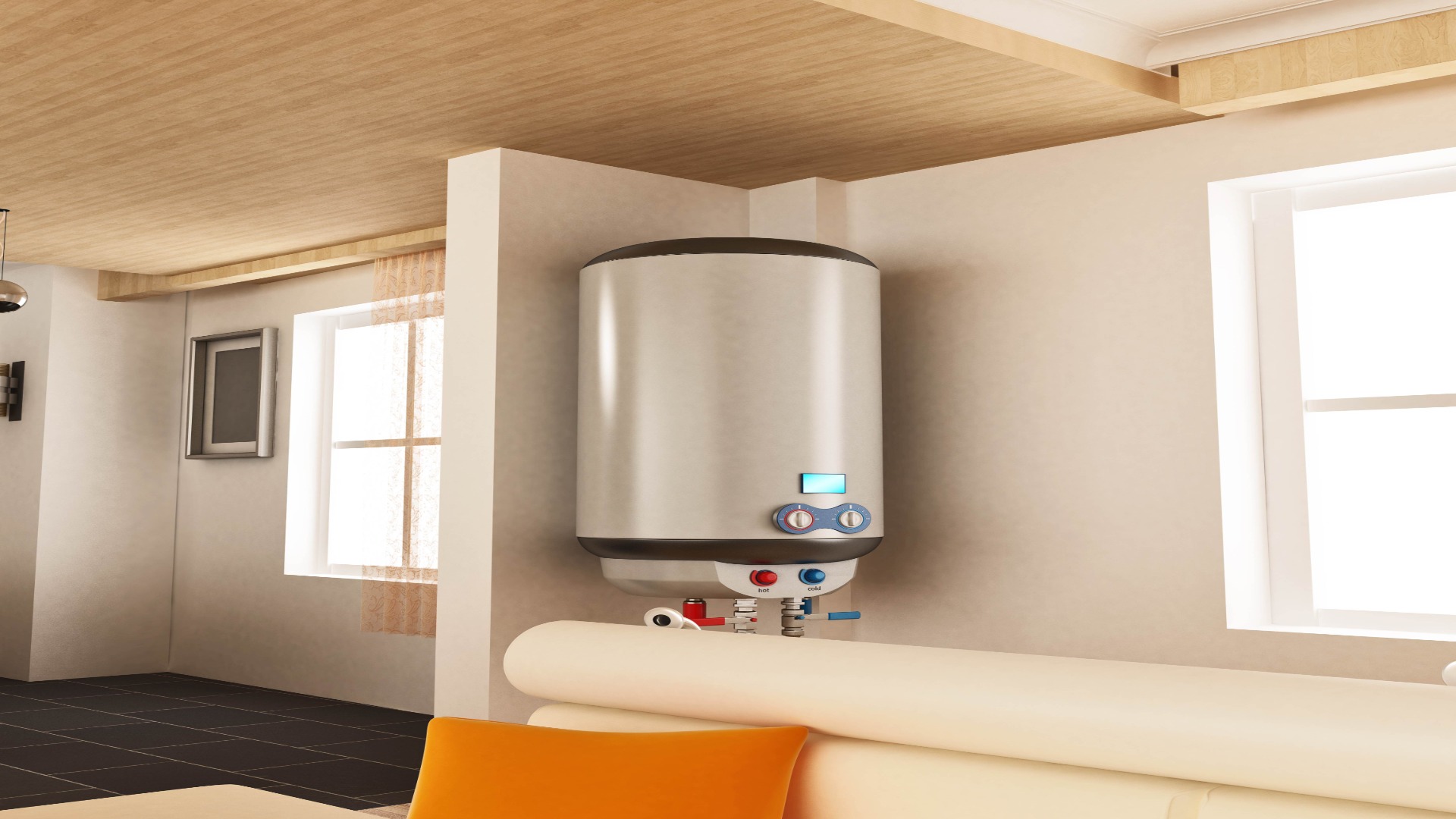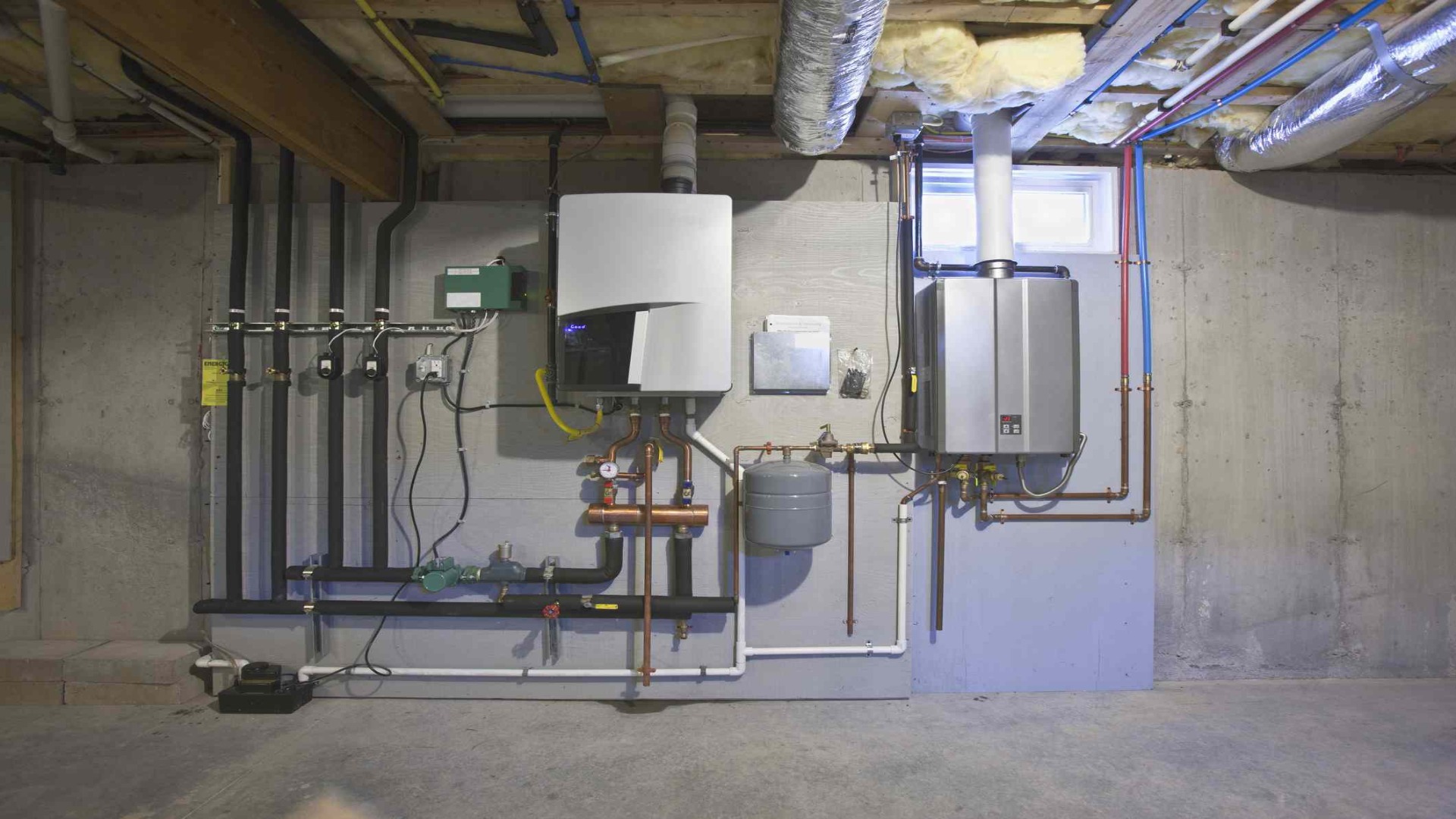7:00AM to 5:00PM

Choosing the proper location for your hot water system installation is essential. Key factors include accessibility, ventilation, and distance from areas of frequent use.
An ideal spot allows convenient maintenance and repair access while avoiding tight spaces. Good ventilation helps remove airborne particles that can damage components over time.
The system’s location centralised to major water use areas like bathrooms and kitchens minimises waste from piping runs. A properly sized hot water system will use less energy and lower operating costs, which can help you save money on your energy bills in the long run. Weighing these practical considerations leads to hot water heating systems that operate efficiently and reliably for years.
The location where you install your hot water system is crucial to its operation and longevity. An optimised location will allow the system to work efficiently with minimal issues. Choosing the proper spot is important for maintenance purposes.
The hot water system must be in an area that allows easy access for professional service and repair work when needed. Good ventilation is also crucial, as hot water heaters produce combustion gases and require fresh air intake and exhaust.
Locating the unit in a cramped or poorly ventilated space can cause the system to operate less efficiently and may even pose safety hazards over extended use. Centralising the hot water system to where the hot water will be used most saves on piping costs and prevents water from losing heat as it travels long distances throughout the home.
Taking the time to choose the ideal installation point will improve performance and return on your investment in a new hot water system.

Choosing the right location for your hot water heater is integral to the installation process. Where you place the unit can impact its efficiency and longevity for years. Here are the key steps to follow when selecting the optimal installation spot:
The area should allow easy access for periodic maintenance checks and repairs if needed. The unit should not be positioned in tight spaces where it would be difficult to work on.
Select a well-ventilated spot away from enclosed areas. A gas hot water system requires adequate fresh air intake and exhaust venting. Poor ventilation can negatively impact efficiency and safety. If a natural gas hot water system isn’t an option at your home, other possibilities include solar hot water systems or solar water heaters.
Locate the hot water system close to the highest water usage areas, like multiple bathrooms or a laundry room. This minimises piping runs and prevents heat loss over long distances.
Reinforce the floor if the unit is placed on an upper level. Ensure the surface can properly bear the full weight load when full of water. Consult specifications.
Maintain the recommended safety air gap distances from combustible materials specified in the installation manual. This prevents overheating risks.
Consider connections to water supply and gas lines or electricity during location selection. Route lines inaccessible areas for maintenance.
Only install outdoor units in protected areas from rain, snow and direct sunlight, as instructed. The shelter is essential for outdoor models.
Safety should be the top priority when selecting an installation location for your hot water heater. You’ll want to follow all clearance requirements outlined by the manufacturer to avoid potential fire hazards.
Gas water heaters need proper space on all sides for combustion air intake, exhaust venting, and serviceability. Maintain recommended clearances from flooring, walls, ceilings, and other combustible materials like furniture, curtains, and storage.

Good ventilation is also essential – gas water heaters produce exhaust gases that need to vent outdoors safely—only enclosed indoor areas with sufficient fresh air intake and ventilation.
Also, ensure the room is large enough for technicians to comfortably access the unit for repairs or maintenance down the road. Following these safety precautions helps prevent gas leaks and carbon monoxide poisoning and reduces fire risks.
The available space for the hot water heater is an essential factor when selecting an installation location. Ensure you have adequate room that meets or exceeds the unit’s specified dimensions.
Check the product manual for the footprint and clearance specifications around all sides and above the tank. Gas and electric water heaters come in various sizes, so measure the area you have in mind to confirm it can accommodate your new unit.
You’ll also need room to safely access the system for maintenance or repairs. Consider access panels, doors, or furnishings that may restrict movements. The space should allow the storage tank and components to be easily viewed and serviced.
Confirming suitable clearances and dimensions prevents installation problems. Taking measurements ahead of time helps you select a location with sufficient, accessible space for your new hot water heater. To determine the right system size, a supplier should ask a few key questions to determine how much hot water your home uses and when.

When selecting an installation spot for your heater, consider the water supply and where hot water will be used most. Choosing a centralised location near the main water lines and key use points saves money and improves efficiency.
Installing near the incoming cold water pipe minimises the length of piping needed. Additionally, situating the unit near high-demand areas like multiple bathrooms or a laundry room prevents hot water outlets from losing heat as they travel long distances through the pipes.
This wastes energy and reduces hot water availability. Optimal proximity means shorter connection runs, which are cheaper to install and maintain. It also helps hot water retain its temperature for end uses. Consider where bathrooms, showers, sinks, and appliances are located to choose a central spot supporting overall water and energy efficiency.

Properly selecting the installation location of your hot water system is a critical front-end decision that impacts long-term performance. Factors like access, ventilation, safety clearances, and proximity to supply and demand points all influence efficiency, costs, and reliability in the unit’s life. By carefully evaluating these key considerations during selection, homeowners can maximise the return on their new hot water system.
At Gold Coast Plumbing Company, our experienced professionals can help evaluate your home and needs to recommend the ideal location. As the trusted plumbing experts in the area, we’re happy to answer any questions about hot water heater installation requirements or specifications. In four minutes or less, we’ll have you ready to hit the retailers confidently in search of the best hot water system.
We can install various hot water systems, including gas hot water systems, gas instantaneous systems, gas continuous flow water heaters, electric hot water systems, electric storage, and solar-powered heat pump boiling water units. We can connect you if you need a small constant flow unit or a large commercial water heater.
Contact us today to discuss your project and get a quote. The location you choose now will affect hot water delivery for years, so rely on our expertise to ensure a proper setup from the start. With the right location and our skilled workmanship, you can rest assured your hot water system will provide dependable, affordable hot water systems for comfort and convenience.